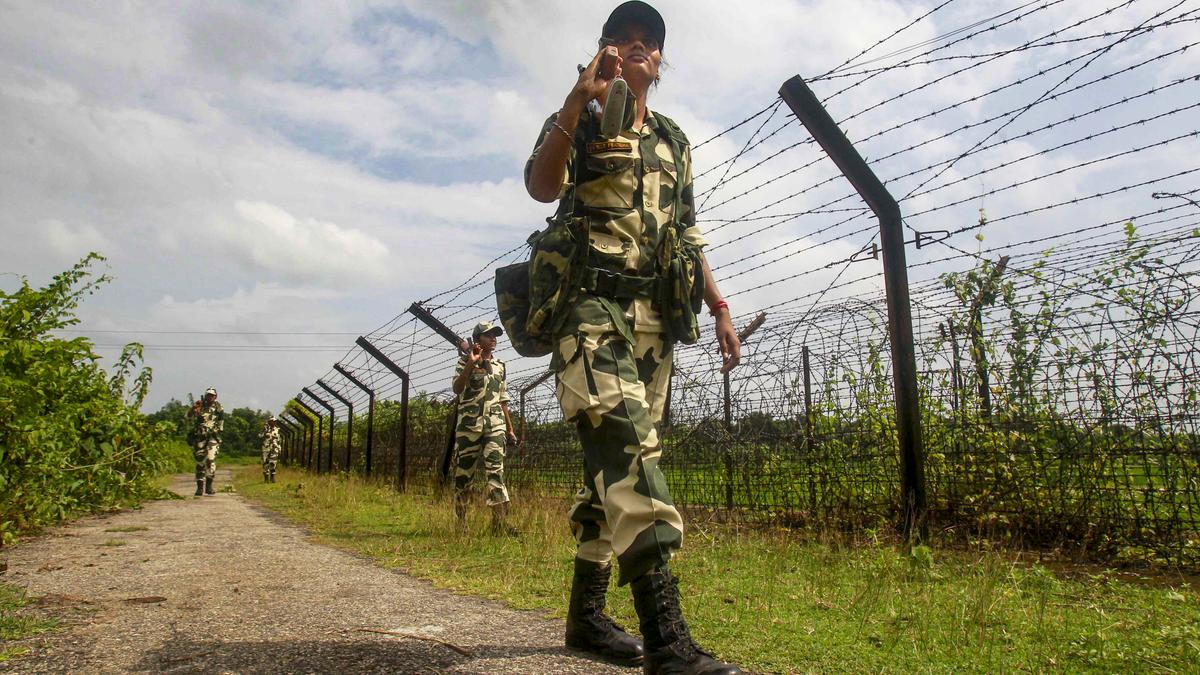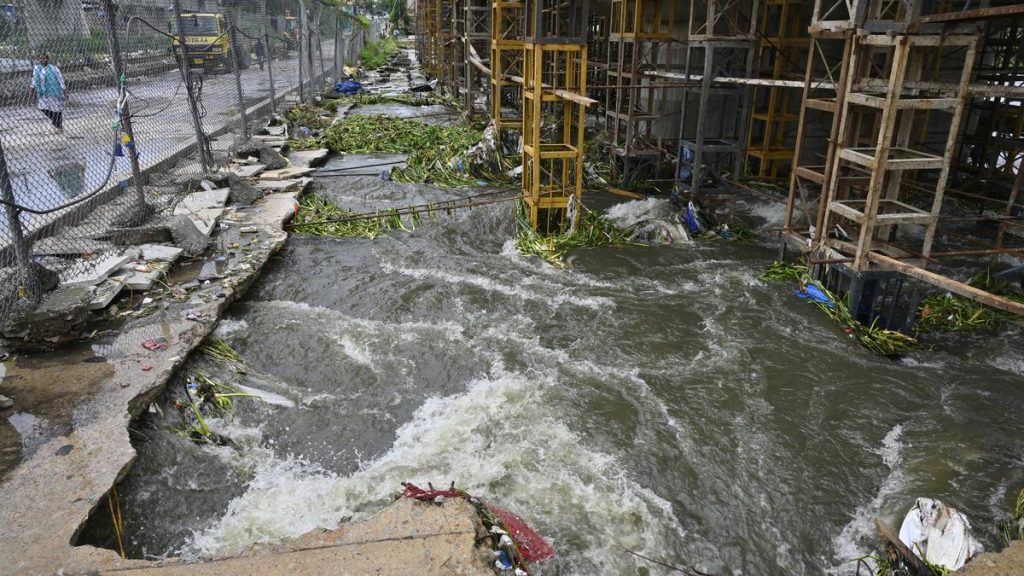Now Reading: Undocumented Migrants Voluntarily Exiting India via Bangladesh Tripled in 2025: Govt Data
-
01
Undocumented Migrants Voluntarily Exiting India via Bangladesh Tripled in 2025: Govt Data
Undocumented Migrants Voluntarily Exiting India via Bangladesh Tripled in 2025: Govt Data

Speedy Summary
- The Border Security Force (BSF) has apprehended over 3,536 undocumented migrants attempting to voluntarily leave India through the eastern border till July 15, 2025 – more than three times the number recorded in 2024 (1,049).
- Migrants caught trying to enter India from Bangladesh decreased to 1,372 in the same period compared with 2,425 last year.
- A surge in voluntary exits is linked to political changes in Bangladesh following regime change on August 5, 2024.
- These voluntary exits differ from “pushback” operations directed by the Ministry of Home Affairs (MHA), initiated after the Pahalgam terror attack on April 22, which targets detecting and deporting illegal Bangladeshi migrants living with forged documents. Over 2,500 migrants have reportedly been pushed back since then.
- Trinamool Congress MP Samirul Islam stated that seven individuals from West Bengal were illegally pushed into bangladesh but later returned after State government efforts and legal petitions. BSF denies engaging in such pushbacks officially.
- Heightened vigilance along the India-Bangladesh border started post-August 2024 directives from MHA banning entry without valid documentation. BSF officials note a meaningful rise in undocumented departures over recent months if individuals are not involved in criminal activity as legal procedures pose challenges.
Indian Opinion Analysis
The sharp increase in undocumented migrants voluntarily exiting India reflects complex socio-political dynamics triggered by political changes within Bangladesh post-August regime transition last year. While heightened security measures aim for stricter oversight at boundaries following directives related to national security concerns-like those arising after high-impact events such as the Pahalgam terror attack-it raises pertinent questions about regional implications of migration policies and cross-border management between neighbors sharing historical ties.
The contrasting trends-reduced new entries coupled against escalated outward exit flow-may signal distinct shifts requiring deeper evaluations fostering collaborative stabilization.Future robustness strategic frameworks dynamic yet Humanitarian ensure tandem inclusion Rights












